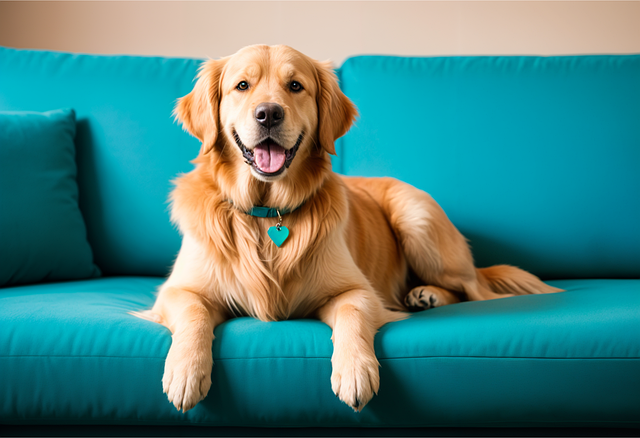
How can I tell if my dog's heatstroke is serious
Let’s be real: It’s a sticky August morning in Los Angeles, and you took your 2-year-old Golden Retriever, Max, for a walk a little later than usual
If you’ve ever peeked inside your dog’s ears and wondered, “Is this normal?” you’re in good company. New dog owners across the U.S. often stress over ear care, especially when it comes to how often to break out the cleaning supplies. The truth is, there’s no one-size-fits-all answer—but it depends on your dog’s breed, lifestyle, and ears themselves. Let’s sort it out.
First, understand why timing matters. A dog’s ear canal is dark and warm, a perfect spot for bacteria or yeast to grow if gunk builds up. But clean too often, and you’ll strip away the natural oils that protect their ears, leading to dryness and irritation. It’s like over-washing your own face—your skin needs some oils to stay healthy. A vet in Oregon once said, “I see two extremes: owners who never clean ears (hello, infections) and those who do it daily (hello, red, itchy ears). Balance is key.”
So, let’s break it down by breed. Floppy-eared dogs like Cocker Spaniels or Basset Hounds need more frequent cleaning—about once a week. Their ears hang down, trapping moisture and dirt, making them prone to buildup. Breeds with upright ears, such as German Shepherds or Siberian Huskies, can get by with once a month—their ears air out more, so gunk doesn’t accumulate as fast. Then there are dogs who love water: Labradors or Golden Retrievers who swim or play in the rain? Clean their ears every 3-4 days after water exposure to prevent swimmer’s ear.

Your dog’s lifestyle plays a role too. If they roll in mud, dig in dirt, or spend a lot of time outdoors, check their ears weekly and clean as needed. Apartment dogs who stay mostly inside? They might need less frequent care—every 2-3 weeks, unless you notice wax or debris.
How to tell if it’s time? Take a quick look and sniff. Healthy ears are light pink, not red or swollen, and smell like… well, nothing. If you see brown or black wax (more than a tiny bit), or notice a yeasty, stinky odor, it’s time to clean. If ears look red, or your dog shakes their head a lot, skip cleaning and call the vet—those could be signs of infection.
When cleaning, keep it positive. Offer a treat before, during, and after—this turns a chore into bonding. Never force your dog; if they pull away, pause, pet them, and try again later. Yelling or holding them tight will make them fear ear time, which makes future cleanings harder. This aligns with American pet culture’s focus on kind, reward-based care.
Compliance-wise, remember that regular ear checks can catch issues early, saving vet visits. And don’t neglect those core vaccines—states like California require rabies shots, and any vet visit for ear problems will need proof. Also, during post-clean walks, pack poop bags—cities like Chicago fine for leaving waste, and responsible ear care goes hand-in-hand with being a good community member.
In short, how often depends on your dog—but a little attention goes a long way. Stay consistent, keep it gentle, and your pup’s ears will stay healthy and happy.

Let’s be real: It’s a sticky August morning in Los Angeles, and you took your 2-year-old Golden Retriever, Max, for a walk a little later than usual

You're enjoying a summer afternoon at the park when you notice your dog has stopped panting and appears disoriented - their gums are bright red

Let’s paint the picture: You’re in your Denver apartment, watching your 4-year-old Boston Terrier, Ruby, plop down mid-play session with her favorite toy

Many dog owners notice their pets nails seem shorter after regular walks,but how much does this daily activity actually help?The answer depends on where you walk—concrete sidewalks or asphalt streets gently file nails as a dog's paws hit the ground

Most dog owners notice their pup scooting across the carpet at some point, but few connect it to impacted anal glands. These small sacs near a dog’s rectum secrete a scent for marking territory

Most vets agree that regular dog teeth cleaning is key to avoiding painful dental issues later. For healthy adult dogs, a professional cleaning at the vet’s office every 12 to 18 months usually works well.